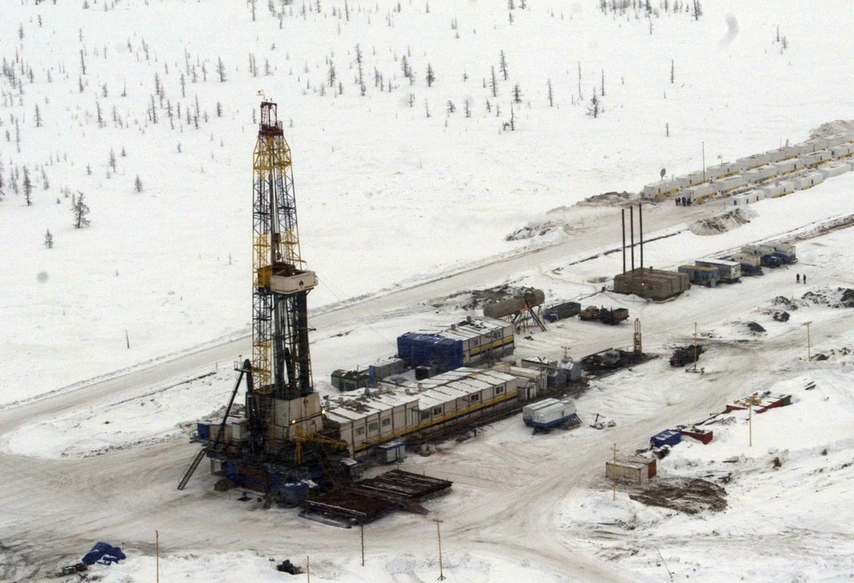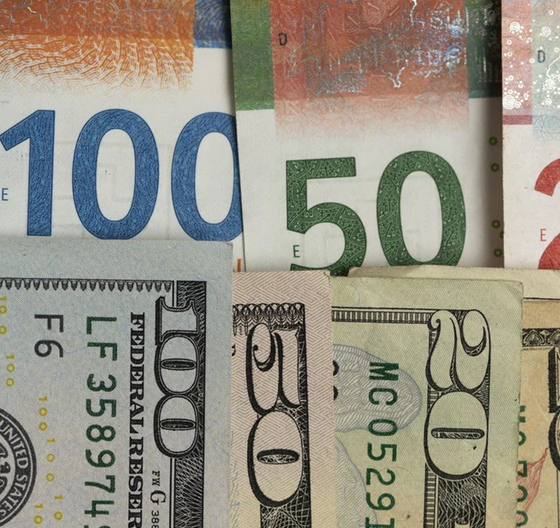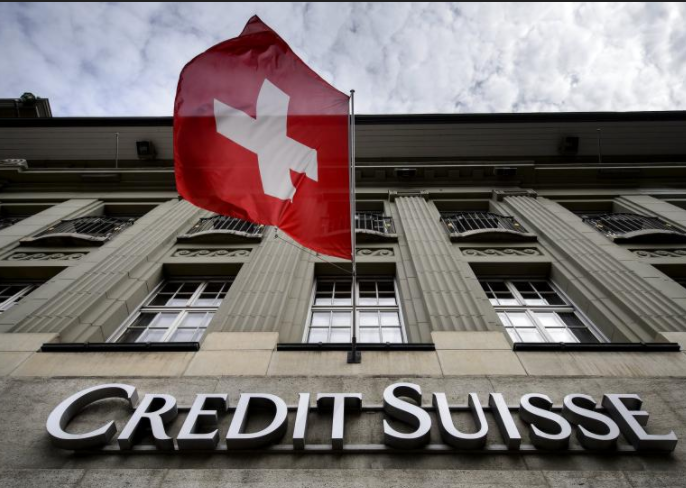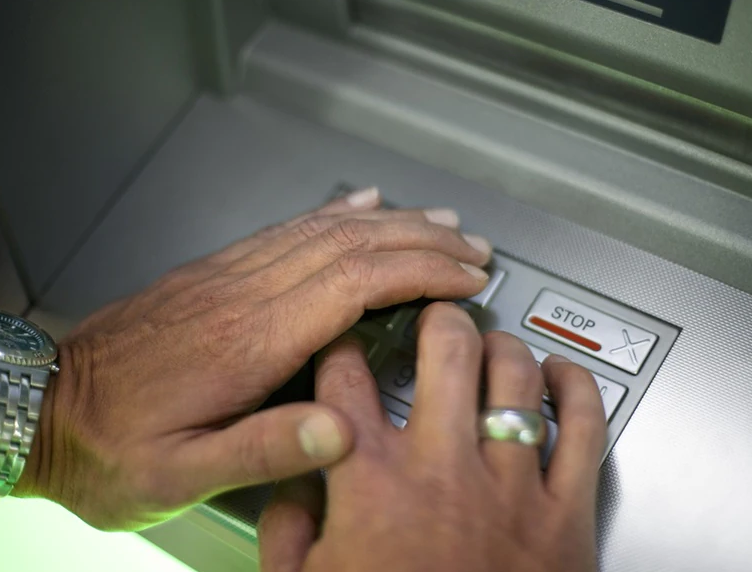It is estimated that about a third of the oil traded globally is bought and sold in Switzerland. Keystone/Sergey Ponomarev Switzerland will decide case by case whether to curtail traders’ purchases from Russia’s state-controlled companies under European Union sanctions. The State Secretariat for Economic Affairs (SECO) which is in charge sanctions confirmed the Swiss policy to follow in principle the EU measures, which aim to limit commodity deals to those deemed “strictly necessary” from mid-May. “According to Article 24a paragraph 2 letter a of the Ordinance on Measures in Connection with the Situation in Ukraine, the ban on transactions with state-owned enterprises does not apply to transactions that are strictly necessary for the purchase, import or transport
Topics:
Swissinfo considers the following as important: 3) Swiss Markets and News, 3.) Swissinfo Business and Economy, Business, Featured, newsletter
This could be interesting, too:
RIA Team writes The Importance of Emergency Funds in Retirement Planning
Nachrichten Ticker - www.finanzen.ch writes Gesetzesvorschlag in Arizona: Wird Bitcoin bald zur Staatsreserve?
Nachrichten Ticker - www.finanzen.ch writes So bewegen sich Bitcoin & Co. heute
Nachrichten Ticker - www.finanzen.ch writes Aktueller Marktbericht zu Bitcoin & Co.

It is estimated that about a third of the oil traded globally is bought and sold in Switzerland. Keystone/Sergey Ponomarev
Switzerland will decide case by case whether to curtail traders’ purchases from Russia’s state-controlled companies under European Union sanctions.
The State Secretariat for Economic Affairs (SECO) which is in charge sanctions confirmed the Swiss policy to follow in principle the EU measures, which aim to limit commodity deals to those deemed “strictly necessary” from mid-May.
“According to Article 24a paragraph 2 letter a of the Ordinance on Measures in Connection with the Situation in Ukraine, the ban on transactions with state-owned enterprises does not apply to transactions that are strictly necessary for the purchase, import or transport of various raw materials to Switzerland or an EEA [European Economic Area] member state,” SECO told the Reuters news agency on Tuesday.
Non-EU member Switzerland is a key hub for trading Russian commodities.
Major global trading houses are planning to reduce crude and fuel purchases from state-controlled Russian companies such as Rosneft and Gazpromneft as early as May 15, sources told Reuters last week, to avoid falling foul of EU sanctions on Russia.
“In Switzerland, too, it must ultimately be decided individually in each case whether a transaction is ‘strictly necessary’ or not,” SECO said.
Dependent on Russian oil
The EU has not imposed a ban on imports of Russian oil in response to Russia’s invasion of Ukraine, because some countries such as Germany are heavily dependent on Russian oil and do not have the infrastructure in place to swap to alternatives.
Trading companies are, however, winding down purchases from Russian energy group Rosneft as they seek to comply with language in existing EU sanctions that were intended to limit Russia’s access to the international financial system, sources told Reuters last week.
The wording of EU sanctions exempts oil purchases from Rosneft or Gazpromneft, which are listed in the legislation, deemed as “strictly necessary” to ensure Europe’s energy security.
Tags: Business,Featured,newsletter







